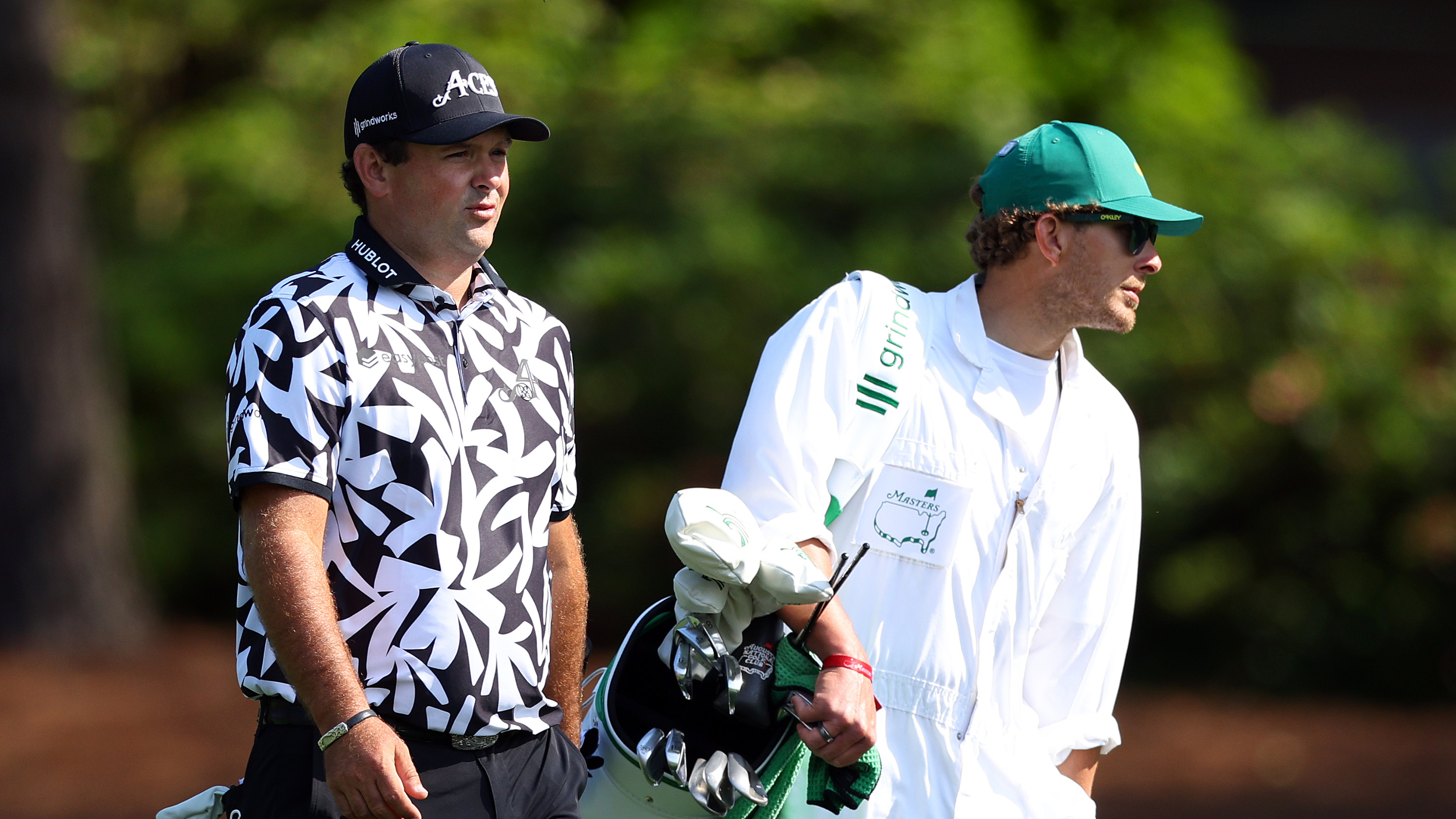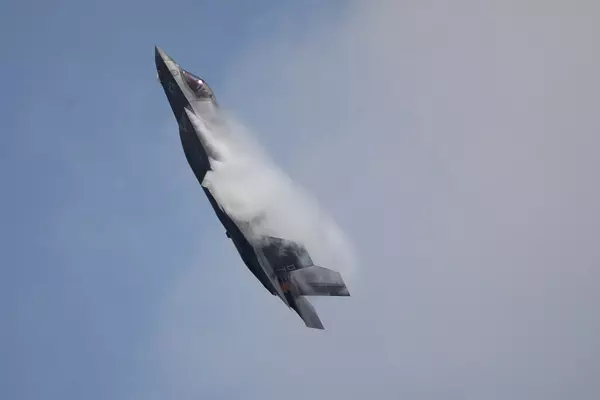
When Patrick Reed won the 2018 Masters, he wrote his name in the Augusta National history books.
However, as well as becoming the 52nd player to win the trophy, another significant knock-on effect of his achievement was that he never needed to worry about how to qualify for the Major again as it handed him a lifetime exemption.
As with any champion, Reed also received many other perks from winning The Masters, but among the most attractive were the exemptions it gave him to the other three Majors.
Those slots were only guaranteed for five years, though, meaning this year’s Masters is more important for the American than previous editions in the years since his win as he looks to secure his place at future Majors.

That wouldn’t have been an issue had Reed won any Major since, as it would have guaranteed him places at them for another five years (and longer at the Major he'd have won). But though he has come close, with five top-10 Major finishes since, he has yet to win another.
The biggest culprit is actually not Reed’s failure to win another Major, but his world ranking. Ever since signing for LIV Golf, Reed’s ability to earn the points has been hindered due to the circuit’s world ranking ineligibility. That's important because being above a particular world ranking by a particular date, depending on the Major, is another way to qualify.
Reed's biggest problem is that LIV Golf has a packed schedule of 14 events, meaning he has only had limited chances to play world-ranking events, with his best options being Major appearances and Asian Tour events.
Even though Reed has been one of the most active in both as he bids for a high enough world ranking to reach the other Majors, he dropped out of the world’s top 50 for the first time since 2014 in September 2022, and headed into this year’s Masters in 112th.

That’s below the threshold for even the most generous Major for qualifying via world ranking, the PGA Championship, which, although not official, typically offers a place to any player in the top 100 not already qualified.
So, how can Reed’s performance at this year’s Masters help his predicament? Well, the most surefire way of claiming a place at the other three Majors is to repeat his achievement of six years ago. That would take his world ranking out of the equation for the foreseeable future as he’d once again earn five-year exemptions to each.
Failing that, another good option is a strong finish, a likely prospect given his three top-10s at Augusta National since his win, including T4 last year. A similar place on the leaderboard this year would see his world ranking given a welcome boost (last year, for example, he jumped from 70th to 45th).
Then it would be a case of trying to schedule other world ranking events to qualify for any remaining Majors he could still be short on, or, assuming his world ranking is high enough to secure a PGA Championship invite, a win at Valhalla in May would do it.
Even if Reed doesn’t perform at his best this week, all would not quite be lost where the US Open and The Open are concerned, with final qualifying one route to each.
Of course, none of those options would be more appealing than winning the Green Jacket for a second time and for that reason, Reed is likely feeling the pressure a little more than many at Augusta National this week.







